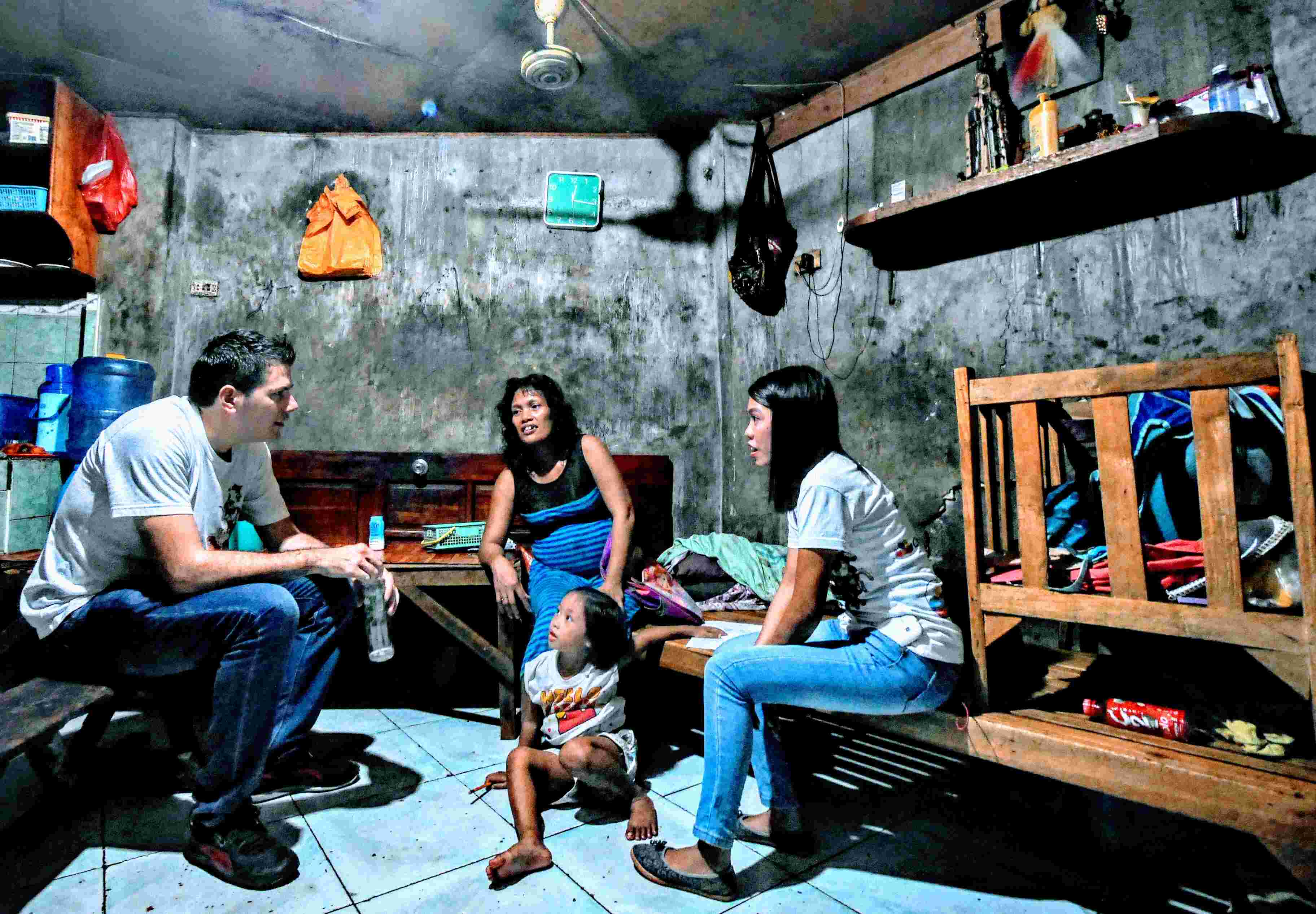A new research has revealed that the beliefs of parents about their children's development are correlated with their children's outcomes. The good news is that those beliefs are not immutable. Dana Suskind, a professor of surgery and pediatrics, co-director of the TMW Center for Early Learning and Public Health at the University of Chicago, and author of the book Thirty Million Words, along with University of Chicago economists John List, PhD, and Julie Pernauded, PhD, sought to know if the disparity in parental beliefs has an influence on kids' skill level.
Through studies involving hundreds of families, the researchers found that differences between beliefs and knowledge depend on socioeconomic status. However, by taking the right measures these beliefs can be changed, with significant effects on kids' achievement. “Neuroscience clearly shows that building early brain connections in children relies on the nurturing ‘serve and return,’ meaning the interactions between adult and child,” said Suskind.
The results showed improvements in children's capacities, such as language, math and socio-emotional skills. The more interesting point is that, as soon the parents participating in the study realized that their work mattered, they began to increase their effort. And the more intensive the program, the stronger the effect. Really a strong motivation for all parents to get involved as much as possible in their children's education.

Picture: Alan, a Mother and her Daughter, and a Teacher (by Pablo S. Quiza - Arcanys Early Learning Foundation)



